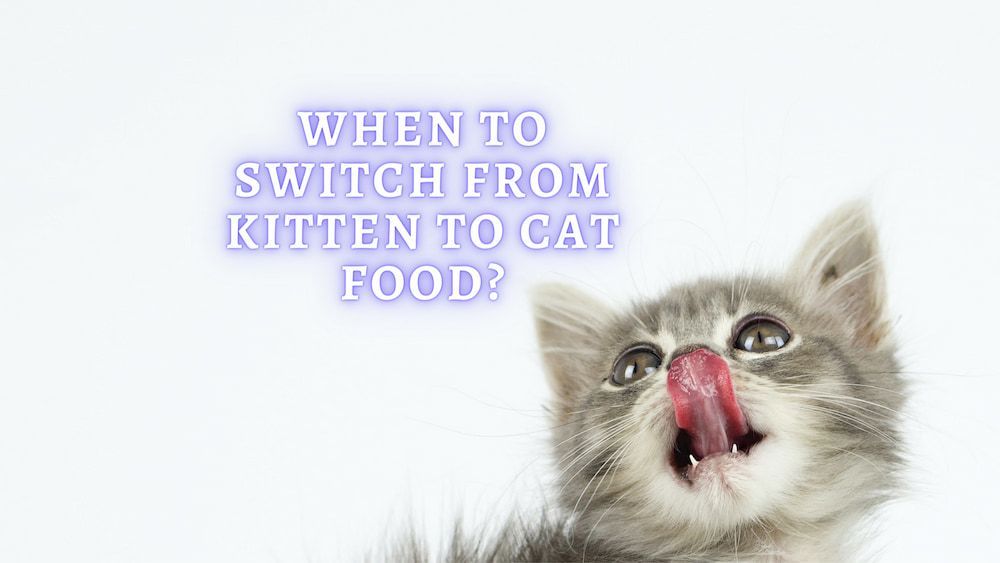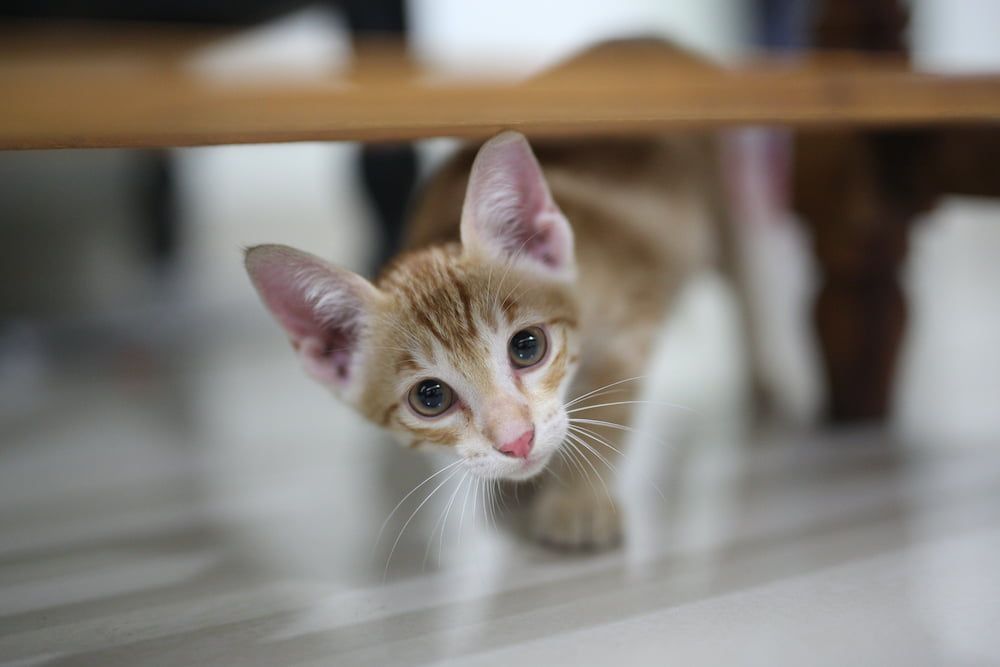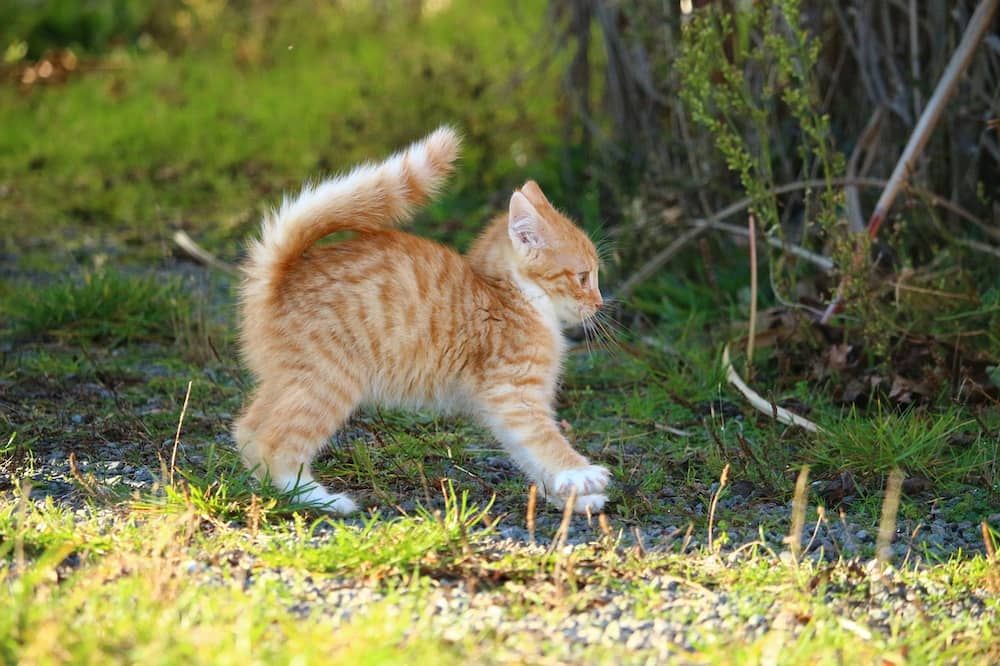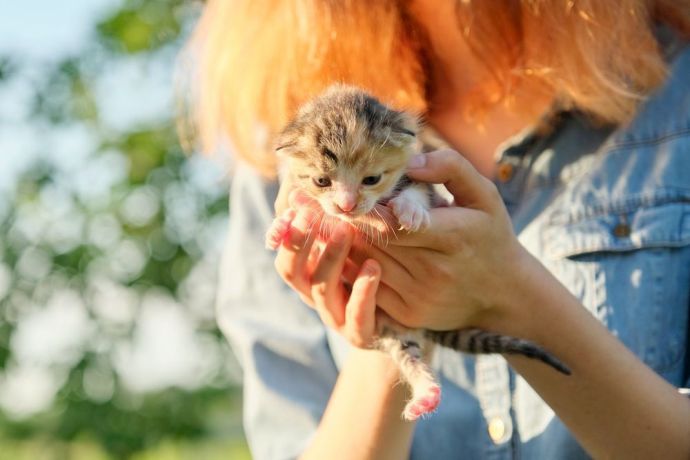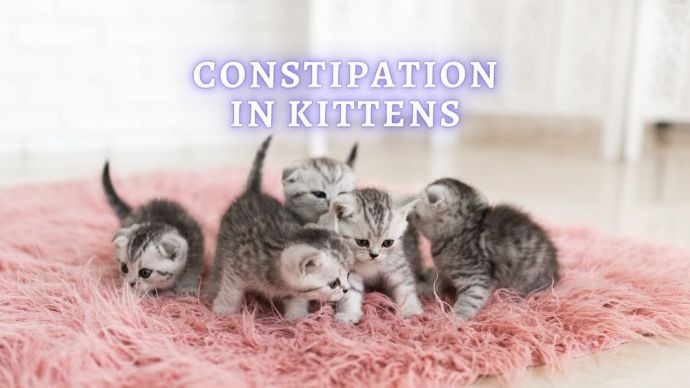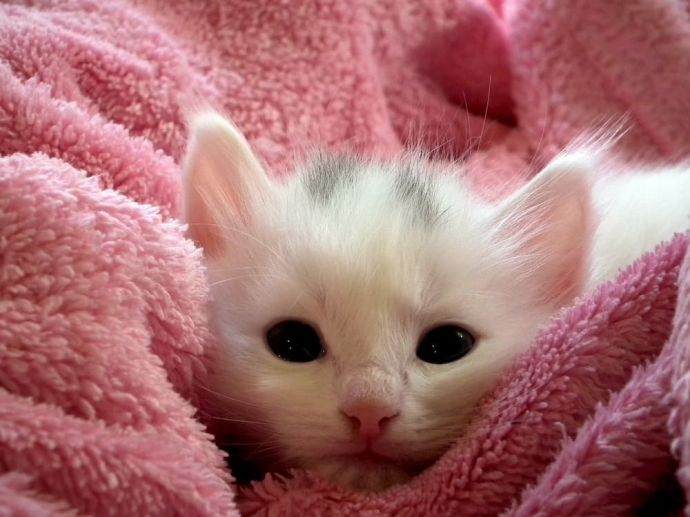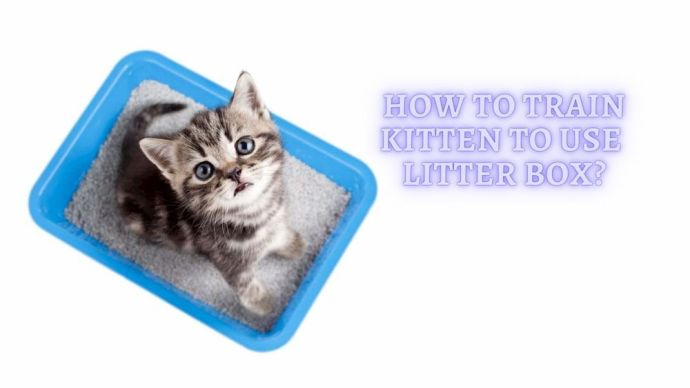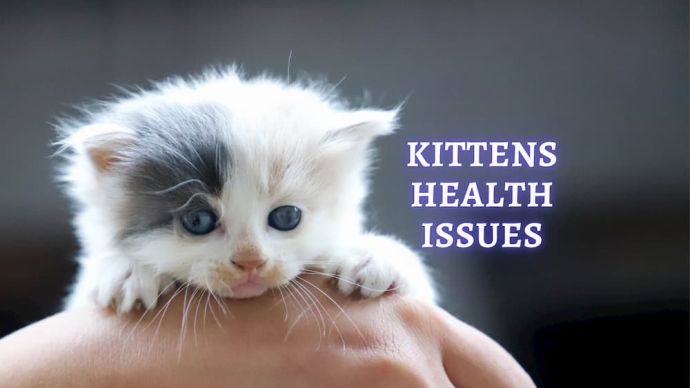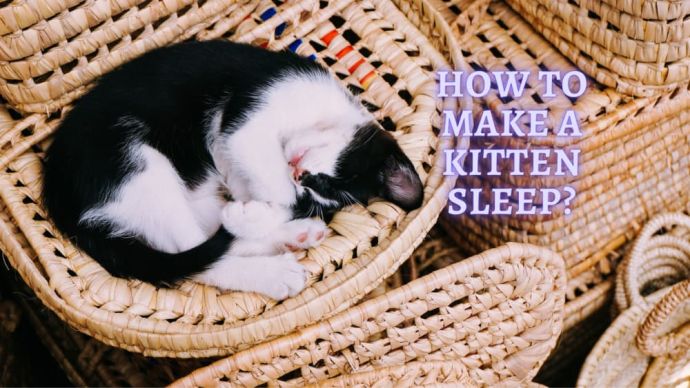When to Switch from Kitten to Cat Food: Vet Advice on Switching on Adult Cat Food
Written by:
Author: Carol Young
Carol has worked in specialty, emergency, mixed animal and general veterinary practices, and enjoys all aspects of veterinary medicine. Her special areas of interest include anesthesia, critical care, emergency, dentistry, internal medicine and small animal nutrition.
View all 62 articlesLearn about our editorial process and veterinary review board.
Viewed: 309
Updated on: 10/28/2021
If you are the lucky owner of a cute, fluffy kitten, you have probably discussed nutrition and dietary health with your veterinarian. You may also wonder when is a good time to switch from kitten to cat food. As it turns out, the nutritional requirements for youngsters differ from that of adult cats, and when kittens reach full adulthood at 12 months, they no longer require the more calorie-dense kitten food. However, there are several things to keep in mind when transitioning your youngster to an adult diet.
What Nutrients do Kittens Need to Grow up Healthy?
Like all young animals, the nutritional requirements for kittens are a little different from those of adult cats. Below are a few things to know about nutrients needed for healthy kittens.
Kitten food contains more calories and nutrients than adult food. Some of these nutrients include:
- Choline and Taurine: These two amino acids are essential for cats, and are found only in meat, dairy, and fish products. Since cats are true carnivores, they do require animal protein in their diet, and deficiencies in these two essential proteins can result in blindness, weakening of the heart muscles, and dilated cardiomyopathy.
- Protein: Unlike dogs, cats are meat-eaters, and need more animal protein in their diet. Because kittens are growing, they need even more protein than adult felines. They also require more essential amino acids such as arginine, lysine, and methionine to support growth and development.
- DHA: This omega-3 fatty acid is essential for the development of the brain and nervous system in young cats, and the primary source of this nutrient is milk from the mother, as well as from eggs, fish and organ meats. Many commercial and veterinary foods are supplemented with DHA.
- Fat: Kittens also require more essential fatty acids contained in animal fats to support healthy bones and hair.
- Phosphorus and Calcium: Because they are growing, kittens need more phosphorous and calcium than adult cats to promote healthy bone growth and development.
- Vitamins and Minerals: Just as with the other nutrients listed above, growing cats need an adequate daily intake of vitamins and minerals such as copper, iodine, and vitamin A.
READ MORE: Cat Nutrition Requirements Vet Guide
What Is in Kitten Food?
Kitten food is specially formulated to promote growth and development. All commercial foods are higher in energy density, fat, and protein than adult cat diets, and are designed to meet the higher energy needs of growing kitties. In addition to higher fat content, kitten food diets are formulated with more enhanced nutritional profiles, such as omega-3 fatty acids, and optimal calcium to phosphorus ratios for growing bones and development.
READ MORE: How Often to Feed Kittens?
When Should I Switch from Kitten Food to Adult?
At about 12 months old, it’s usually time to switch to an adult or maintenance formula cat food. This goes for most breeds, except for the Maine Coon, which does not fully mature until 18 months. When a kitten is fully grown, she no longer needs the extra calories and nutrients found in kitten food, and a maintenance formula is recommended to maintain overall nutritional health. If your feline friend has reached 12 months of age, then it’s time to start thinking of switching her to an adult diet. However, as with any change in a cat’s diet, it’s important to remember to gradually transition your kitten from her usual diet to an adult diet over a period of several days.
How Should I Transition My Kitten to Adult Cat Food?
A rapid change in diet can cause some gastrointestinal (GI) side-effects, and in order to avoid these issues, it’s crucial to make the change from a kitten formula to an adult diet over four or more days.
If you plan to transition your kitty, you can try the following:
- Day One: Offer your pet 75% kitten food and 25% adult food.
- Day Two: Mix adult and kitten food in a 50/50 ratio.
- Day Three: Feed your cat a mixture that’s 75% adult food and 25% kitten food.
- Day Four: Switch to 100% adult formula.
Most cats prefer to free-feed, and you may know that your kitten generally eats only when she is hungry, and may make multiple trips to the food bowl over the course of a day. Although free-choice feeding is fine for most cats, be aware that indoor cats don’t get as much exercise as younger cats, and overeat if fed free choice. If you notice this in your cat, you may consider portion-controlled feeding twice daily.
How Much Food Should I Give My Cat?
A question that comes to mind for many owners is how much food to give your cat? One solution is to check the recommendations of the pet food manufacturer on the label and follow the feeding recommendations. You can also monitor your pet’s weight and body condition while transitioning diets, and adjust your feeding portions if necessary. If you notice that your cat is gaining or losing weight, slightly adjust her daily intake and consider weighing her once a week. You can also consult your veterinarian.
As kittens grow and become more active, their daily caloric needs increase, and naturally, you’ll need to increase your kitten’s daily calories based on her age and weight to best support her growth and development. All commercial and prescription diets follow FDA rules in providing information on calories and nutrients on food labels and provide portion recommendations based on your kitty’s weight and activity level. If you have any questions about calorie and portion requirements, consult your veterinarian.
Why It’s Important to Switch to Adult Cat Food
Kittens undergo rapid growth and development during the first year, and every owner knows that they are full of energy. As a result, kitten food has higher calories and more protein and fat to support playful, growing kitties. As a cat matures, energy expenditure and requirements generally decrease, so if you do not switch to adult cat food, your feline friend may put on a few extra ounces.
How do I Choose a Good Cat Food?
It is critical to choose an adult cat food that can offer high-quality nutrition and meets all FDA standards. Compromising your adult cat’s basic nutritional needs may cause GI upset, and won’t provide her with the same quality of nutrition she had when she was a kitten Premium and veterinarian-recommended diets are formulated to meet all of your cat’s dietary and nutritional needs.
Things to look for in good cat food include:
- High-quality ingredients.
- Product guarantees.
- Diet formulas that are appropriate and nutritious for each life stage.
- Complete and balanced levels of fat, protein, fat, fiber, vitamins, carbohydrates, and minerals. Complete diets do not require giving additional vitamins or supplements.
- Good taste and texture.
- Standards that meet or exceed (AAFCO) Association of American Feed Control Officials standards.
READ MORE: Cat Food Reviews
FAQ
What Happens if a Kitten Eats Adult Cat Food?
If your kitten happens to eat adult cat food, don’t worry, adult food won’t hurt your youngster. There is no harm when kittens eat cat food. However, keep in mind that kittens require more calories, protein, and other nutrients than mature kitties. If you feed your adult cat a diet that is an “all life stage” diet, then that would be appropriate for your kitty.
How Long Should I Feed my Cat Kitten Food?
Most breeds of cats reach full adulthood at 12 months, at which time kittens no longer need additional calories or nutrients required to fuel growth and development. Although kittens should not eat adult cat food before they are fully grown, you can mix in a bit of adult wet food with dry kibble or an adult kibble with some kitten wet food.
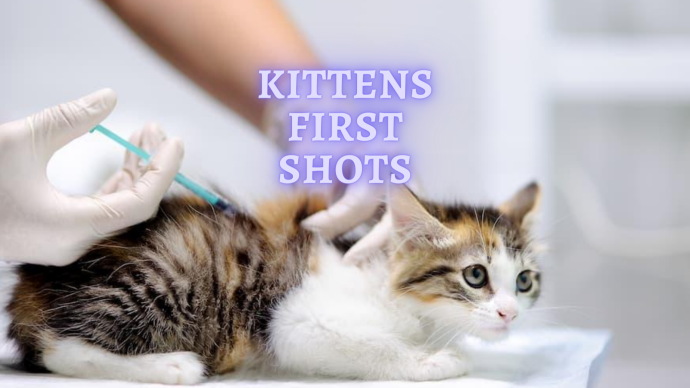 Cat Veterinary Tips Kittens First Shots: When do Kittens get their First Shots?
Cat Veterinary Tips Kittens First Shots: When do Kittens get their First Shots? - 491
- 0
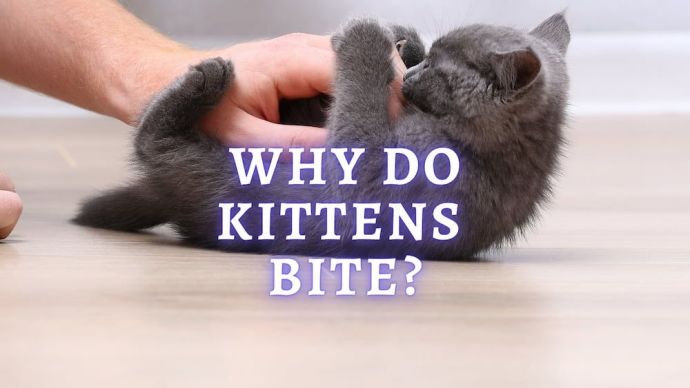 Kitten Care Why Do Kittens Bite? Reasons Why Do Kittens Bite And Ways To Stop Your Kitten Biting You
Kitten Care Why Do Kittens Bite? Reasons Why Do Kittens Bite And Ways To Stop Your Kitten Biting You - 127
- 0
 Cat Care Why Does My Cat Attack My Legs? 10 Reasons Why and What To Do About It (Vet-Approved Advice)
Cat Care Why Does My Cat Attack My Legs? 10 Reasons Why and What To Do About It (Vet-Approved Advice) - 45087
- 21
 Cat Veterinary Tips Cat Stomach Gurgling: Vet Advice on Why is Your Cat Stomach Gurgling?
Cat Veterinary Tips Cat Stomach Gurgling: Vet Advice on Why is Your Cat Stomach Gurgling? - 33736
- 4
 Cat Veterinary Tips My Cat Lost its Voice: Can Cats get Laryngitis? (Vet Advice)
Cat Veterinary Tips My Cat Lost its Voice: Can Cats get Laryngitis? (Vet Advice) - 22891
- 13









